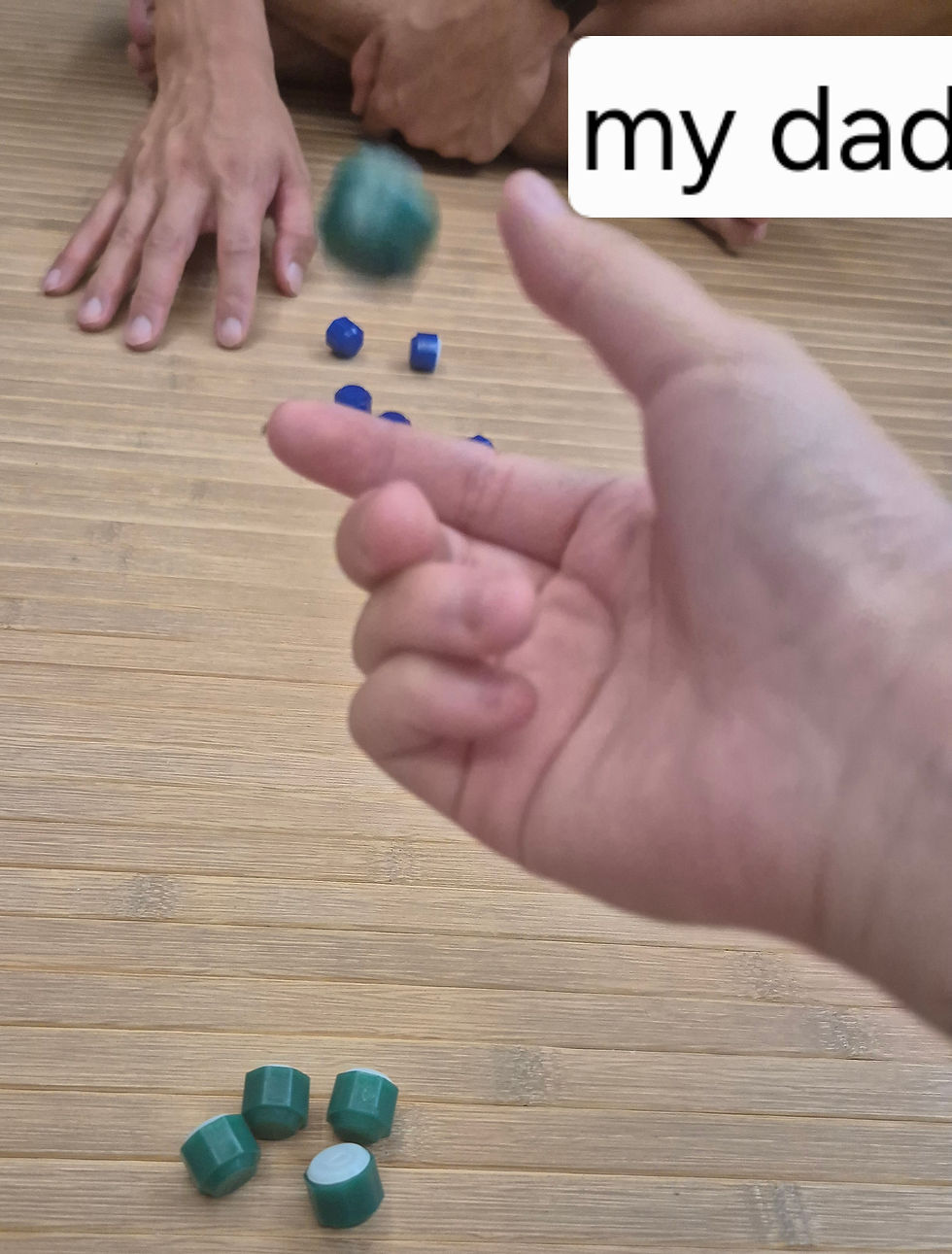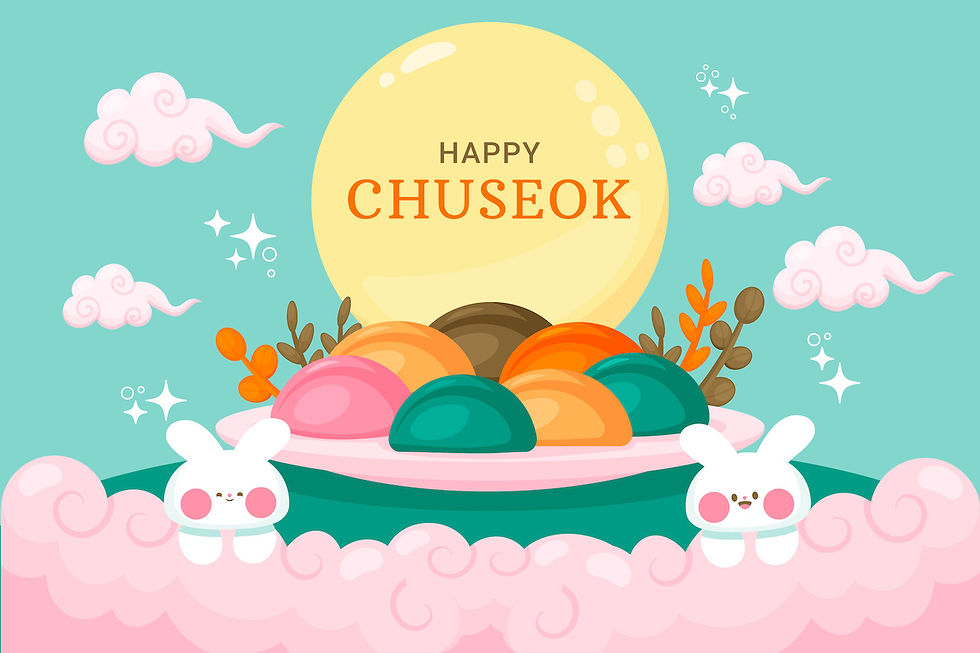The Role of Carnation Pins on Parents’ Day in Korea
- Sam (Sungyoon) Moon(Legacy)

- May 1, 2025
- 3 min read
In many countries, people celebrate Mother's Day and Father's Day separately. But in South Korea, we have a special day called Parents’ Day on May 8th, when we show love and respect to both our mother and father at the same time. One of the most special and traditional ways we do this is by giving them carnation pins.

You may have seen red carnations before. In Korea, they are more than just flowers. On Parents’ Day, many children give carnation pins to their parents. These small flowers, usually made from real or fake carnations, are carefully pinned to the shirts or jackets of mothers and fathers. It is a symbol of honor, love, and deep respect. Seeing a parent walking proudly with a red carnation on their chest is a touching sight. It quietly shows the bond between parent and child.
The use of carnations on Parents’ Day comes from older times. In fact, this tradition began when Korea first started celebrating Mother’s Day in the 1950s, influenced by the Western Mother’s Day. Later, in 1973, the Korean government combined Mother’s Day and Father’s Day into one — and called it Parents’ Day. But the red carnation, which was already used on Mother’s Day, remained a strong symbol for the new holiday. What makes this tradition special is not just the flower itself, but the meaning behind the gesture. In Korean culture, filial piety — the idea of showing respect, loyalty, and care for one’s parents — is a very important value. Children are taught from a young age to honor their parents, listen to them, and support them when they grow old. Giving a carnation pin may seem small, but in Korea, it carries a deep meaning: “Thank you for raising me. I respect you.”

Many schools also take part in this custom. Elementary school students often make paper carnations in art class. They write letters to their parents and hand them out along with the flower. These letters are often filled with simple but heartfelt words like “I love you,” “I’ll be a good child,” or “Thank you for everything.” Some students even save their pocket money to buy real carnations or small gifts. Older children and adults might buy a bouquet, prepare a meal, or give their parents a massage or back rub at home.
Interestingly, the color of the carnation also has meaning. Red carnations are for living parents. White carnations are used to honor parents who have passed away. Some elderly people wear white carnations on Parents’ Day, especially during memorial events, to remember their own mother or father.

In recent years, some people have started to skip the carnation pins and buy more modern gifts, like health products, flowers in boxes, or digital cards. But for many families, the red carnation pin remains the most heartwarming part of the day. It’s a small but powerful way to say, “I care about you,” without needing many words.
For foreigners visiting or living in Korea, Parents’ Day might not seem very different at first. But once you notice the red carnations, the quiet smiles of parents, and the little letters written by hand, you’ll understand that this holiday is filled with love, tradition, and meaning. Sometimes, the smallest flower can say the most. This makes me suddenly feel thankful to my parents. I got to go and say that I love them right now!

Works Cited
https://pixabay.com/ko/photos/%EB%B9%A8%EA%B0%84-%EC%B9%B4%EB%84%A4%EC%9D%B4%EC%85%98-%EC%B2%A0-%EC%9A%B8%ED%83%80%EB%A6%AC-%EB%AC%B4%EB%8D%A4-4181079/ (pixabay, red carnation photo)
https://www.istockphoto.com/kr/%EC%82%AC%EC%A7%84/bonding-with-baby-gm2164378834-584656462?utm_source=pixabay&utm_medium=affiliate&utm_campaign=sponsored_photo&utm_content=srp_topbanner_media&utm_term=mother (pixabay, mother and the baby photo)
https://pixabay.com/ko/photos/%ED%99%94%EC%9D%B4%ED%8A%B8-%EC%B9%B4%EB%84%A4%EC%9D%B4%EC%85%98-%EB%A7%88%EB%8B%B9-%EC%B9%B4%EB%84%A4%EC%9D%B4%EC%85%98-4303549/ (Pixabay, the white carnation photo)
(Senior TalkTalk, The meaning of carnation and how it works in family, article)
https://blog.seniortalktalk.com/senior-info/%EC%96%B4%EB%B2%84%EC%9D%B4%EB%82%A0-%EC%B9%B4%EB%84%A4%EC%9D%B4%EC%85%98-%EC%9D%98%EB%AF%B8%EC%99%80-%EA%BD%83%EB%A7%90/ (Carnation pin photo from the website)





Comments